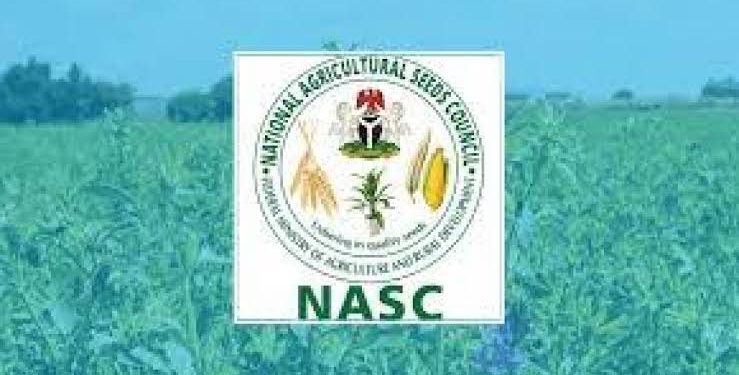The National Agricultural Seeds Council (NASC) has presented its new Strategic Plan for 2025–2029, setting out a roadmap to transform Nigeria’s seed sector through digitalisation, stronger quality assurance, and long-term financial sustainability. The five-year plan aims to address persistent gaps in the seed value chain while boosting food security and positioning the sector for greater private sector participation and investment.
Speaking at a validation workshop in Abuja, NASC Director-General Fatuhu Muhammed said the new strategy seeks to reposition the Council as a modern, transparent regulator capable of driving innovation across Nigeria’s agricultural ecosystem. He explained that the plan builds on previous achievements, including the enactment of the Plant Variety Protection Act and the introduction of third-party seed certification schemes.
“This plan is not starting from scratch; it builds on the progress of our last strategic cycle,” Muhammed said. “But recent audits revealed weaknesses in digital integration, sustainable financing, and partnerships. By reflecting honestly, we identified gaps that must be closed. Our approach now rests on three essentials: a digital-first NASC, uncompromising quality and innovation, and a financially viable seed sector.”
The draft document, which is still open for stakeholder input, is designed to make the country’s seed system more resilient, traceable, and responsive to the needs of farmers. Muhammed urged participants to critically review the strategy and ensure it is practical and impactful, emphasising that broad stakeholder input is essential to its success.
Representatives of the National Committee for Registration of Crop Varieties reassured farmers that genetic quality remains central to the new regulatory approach. “If a seed is inherently poor, no environmental factor can make it better. Quality begins with genetic potential,” a committee member noted.
The Institute for Agricultural Research (IAR), Zaria, also underscored the importance of seed sovereignty as a complement to food security. “We cannot claim sovereignty if we do not control our seeds. NASC’s strategy offers a pathway to that goal,” a representative said, pledging continued support in producing indigenously developed breeder seeds.
The workshop brought together stakeholders from government, academia, and development organisations, with Sahel Consulting and the Alliance for a Green Revolution in Africa (AGRA) acknowledged for their technical and financial support in developing the plan.
By strengthening regulation, improving transparency, and embedding digital tools across the seed value chain, the 2025–2029 Strategic Plan is expected to boost farmer confidence and attract new investment , a move that could unlock significant opportunities for micro and small agribusinesses. Improved access to high-quality, certified seeds can enhance yields, lower risks for smallholder farmers, and create new business opportunities in seed production, distribution, and agro-processing, strengthening the backbone of Nigeria’s food system.










